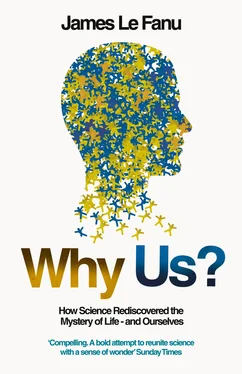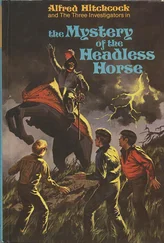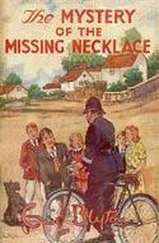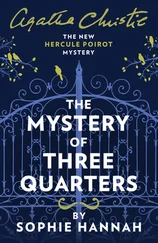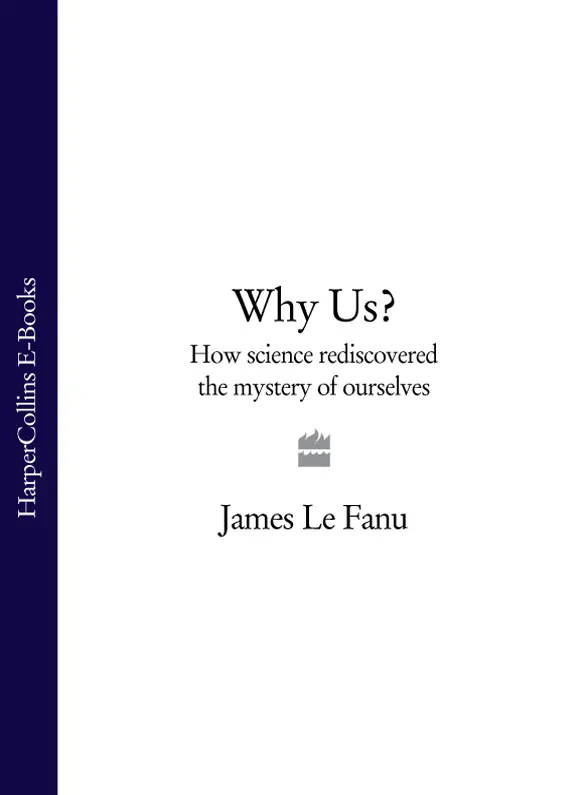
Why Us?
How Science Rediscovered the
Mystery of Ourselves
JAMES LE FANU

Dedication Dedication Introduction: A Mystery to Ourselves 1 Science Triumphant, Almost 2 The Ascent of Man: A Riddle in Two Parts 3 The Limits of Science 1: The Quixotic Universe 4 The (Evolutionary) ‘Reason for Everything’: Certainty 5 The (Evolutionary) ‘Reason for Everything’: Doubt 6 The Limits of Science 2: The Impenetrable Helix 7 The Fall of Man: A Tragedy in Two Acts 8 The Limits of Science 3: The Unfathomable Brain 9 The Silence 10 Restoring Man to his Pedestal Index Acknowledgements Notes By the Same Author Copyright About the Publisher
For Juliet
Cover
Title Page Why Us? How Science Rediscovered the Mystery of Ourselves JAMES LE FANU
Dedication Dedication Dedication Introduction: A Mystery to Ourselves 1 Science Triumphant, Almost 2 The Ascent of Man: A Riddle in Two Parts 3 The Limits of Science 1: The Quixotic Universe 4 The (Evolutionary) ‘Reason for Everything’: Certainty 5 The (Evolutionary) ‘Reason for Everything’: Doubt 6 The Limits of Science 2: The Impenetrable Helix 7 The Fall of Man: A Tragedy in Two Acts 8 The Limits of Science 3: The Unfathomable Brain 9 The Silence 10 Restoring Man to his Pedestal Index Acknowledgements Notes By the Same Author Copyright About the Publisher For Juliet
Introduction: A Mystery to Ourselves
1 Science Triumphant, Almost
2 The Ascent of Man: A Riddle in Two Parts
3 The Limits of Science 1: The Quixotic Universe
4 The (Evolutionary) ‘Reason for Everything’: Certainty
5 The (Evolutionary) ‘Reason for Everything’: Doubt
6 The Limits of Science 2: The Impenetrable Helix
7 The Fall of Man: A Tragedy in Two Acts
8 The Limits of Science 3: The Unfathomable Brain
9 The Silence
10 Restoring Man to his Pedestal
Index
Acknowledgements
Notes
By the Same Author
Copyright
About the Publisher
Introduction: A Mystery to Ourselves
‘Know then thyself, presume not God to scan;
The proper study of mankind is man …
Sole judge of Truth, in endless Error hurled:
The glory, jest and riddle of the world!’
Alexander Pope, ‘An Essay on Man’ (1734)
‘Wonders are there many,’ observed the Greek dramatist Sophocles – ‘but none more wonderful than Man.’ And rightly so for man, as far as we can tell, is the sole witness of the splendours of the universe he inhabits – though consistently less impressed by his existence than would seem warranted.
‘Men go abroad to wonder at the height of mountains, at the huge waves of the sea, at the long courses of the rivers, at the vast compass of the ocean, at the circular motion of the stars,’ observed St Augustine in the fifth century AD, ‘ and they pass by themselves without wondering .’
The reasons for that lack of wonder at ourselves have changed over the centuries, but the most important still stands: the practicalities of our everyday lives are so simple and effortless as to seem unremarkable. We open our eyes on waking to be surrounded immediately by the shapes and colours, sounds, smells and movement of the world around us in the most vivid and exquisite detail. We feel hungry, and by some magical alchemy of which we know nothing, our bodies transform the food and drink before us into our flesh and blood. We open our mouths to speak and the words flow, a ceaseless babbling brook of thoughts and ideas and impressions. We reproduce our kind with ease and play no part in the transformation, in three short months, of the single fertilised egg into an embryo, no larger than a thumbnail, whose four thousand functioning parts include a beating heart the size of the letters on this page, and a couple of eyes the size of the full stop at the end of this sentence. We attend to our children’s needs, but effortlessly they grow inch by inch, year by year to adulthood, replacing along the way virtually every cell in their bodies, refashioning the skull, limbs and internal organs, while retaining the proportions of one part to another.
The moment one starts to reflect on any of these practicalities, their effortlessness does begin to seem rather astonishing. They clearly are not in the least bit simple – yet in reality they are almost the simplest thing we know. They appear simple because they have to be so : if our senses did not accurately capture the world around us, if our metabolism did not abstract and utilise every nutrient, if procreation was not almost too easy and the growth of children into adulthood not virtually automatic, if we had to consciously make an effort to speak a sentence – then ‘we’ would never have happened.
This should make us pause for a moment because, from common experience, there is nothing more difficult and arduous than to make the complex appear simple – just as the concert pianist’s seemingly effortless keyboard skills are grounded in years of toil and practice. So, it is precisely the effortlessness of our everyday lives that should command our attention – recognising their semblance of simplicity as a mark of their unfathomable profundity.
But most people nowadays do ‘pass by themselves without wondering’; though less justifiably so than in St Augustine’s time, for we now know prodigiously more about the deep biological complexities that underpin those simplicities of our everyday lives. We should, by rights, be enormously more appreciative of nature’s ingenuity, and the deceptive effortlessness of our seeing and talking and reproducing our kind should be part of common knowledge, a central theme of the school biology curriculum, promoting a sense of wonder in the young mind at the fact of its very existence.
Yet one could search a shelf full of biology text books in vain for the slightest hint of the extraordinary in their detailed exposition of these practicalities of our lives. And why? Scientists do not ‘do’ wonder. Rather, for the past 150 years they have interpreted the world through the prism of supposing that there is nothing in principle that cannot be accounted for, where the unknown is merely waiting-to-be-known. And so it has been till very recently, when two of the most ambitious scientific projects ever conceived have revealed, quite unexpectedly – and without anyone really noticing – that we are after all a mystery to ourselves. This is the story of how it happened, and its (many) consequences.
1 Science Triumphant, Almost
‘The real voyage of discovery consists not in seeking new lands, but in seeing with new eyes.’
Marcel Proust
We live in the Age of Science, whose lengthy roll-call of discoveries and technical innovations has immeasurably changed our lives for the better. Within living memory children succumbed in their thousands every year from polio and whooping cough, telephones were a rarity, colour television was yet to be invented and the family would gather every evening around the wireless after supper to listen to the news.
Since then, the therapeutic revolution of the post-war years has reduced death in infancy to its irreducible minimum, while ensuring that most now live out their natural lifespan; the electronic revolution has prodigiously extended both the capacity of the human mind, with computers of ever smaller size and greater power, and its horizons, with the Hubble telescope circling in orbit around the earth, relaying back from the far reaches of the cosmos sensational images of its beauty and grandeur.
Читать дальше
